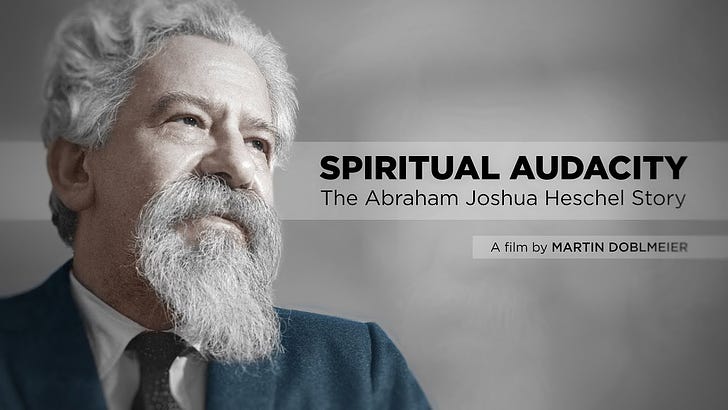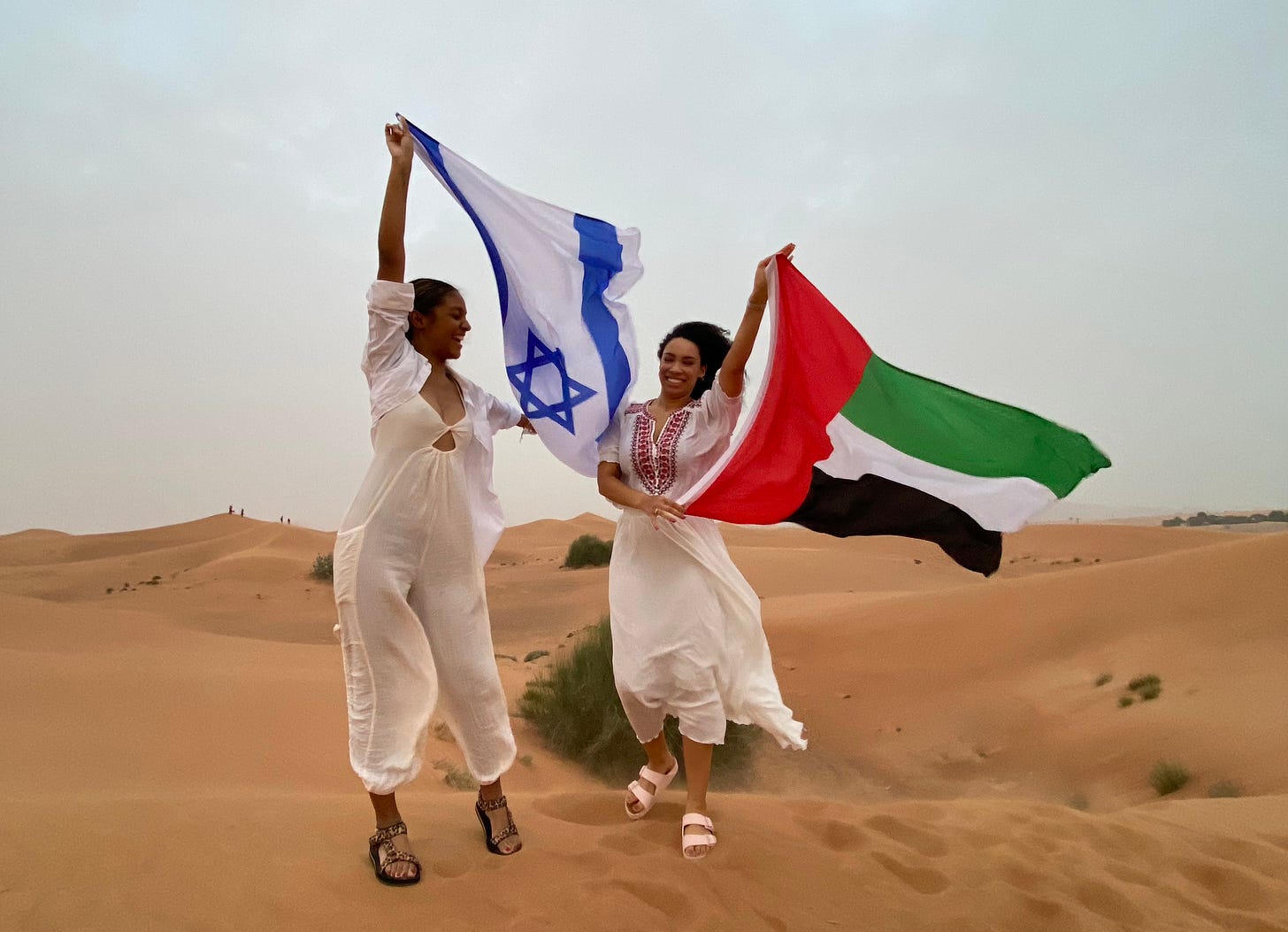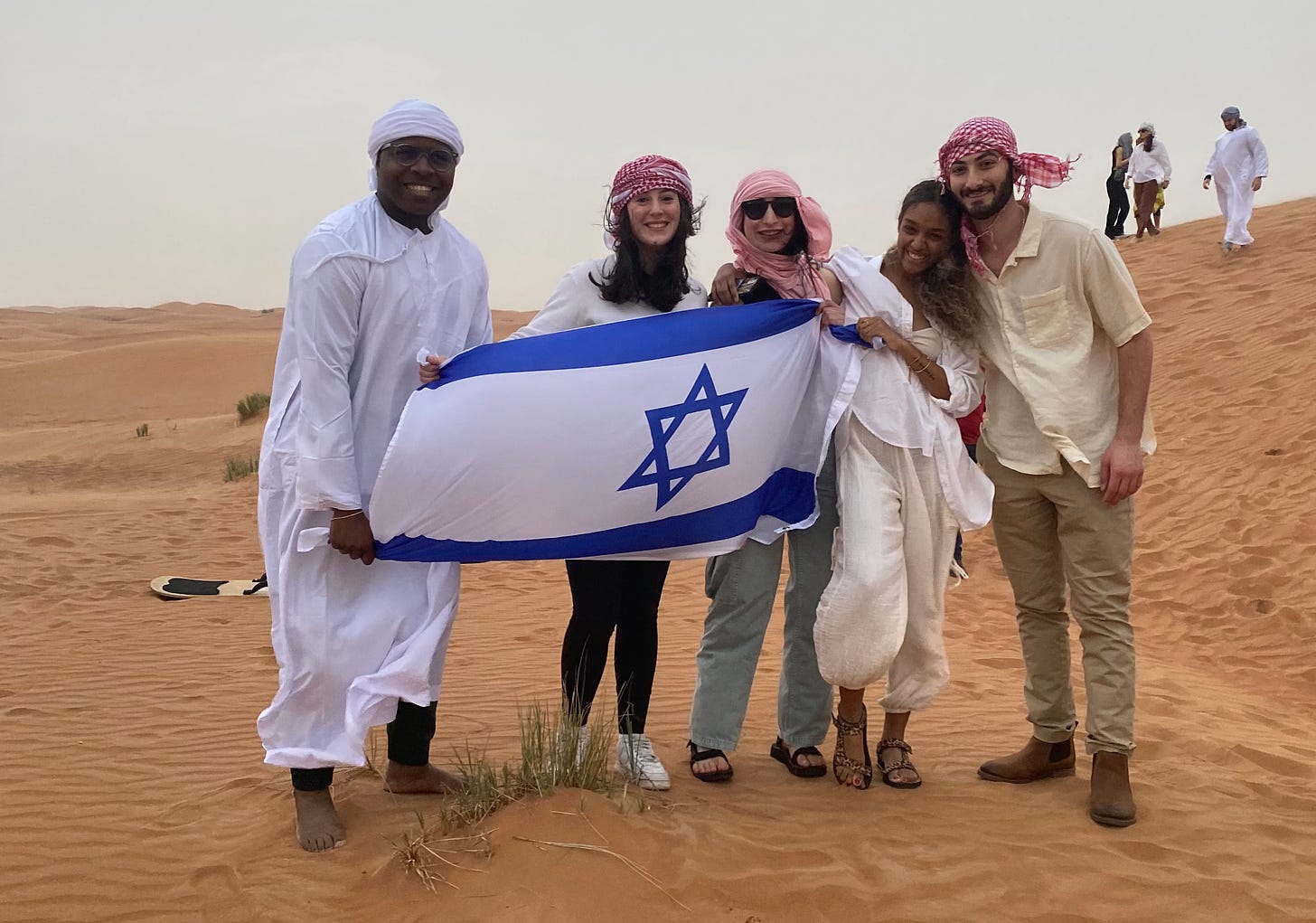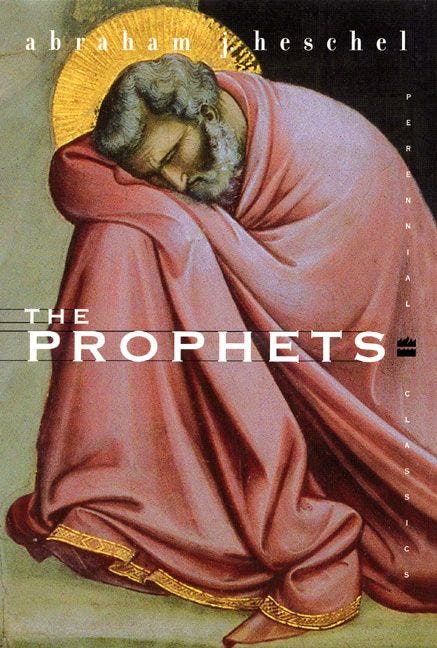How to Revive King & Heschel's Black & Jewish Anti-Racism Prophetic-Activist Partnership
When the Abrahamic Faiths Come Together, Mountains Can Be Moved. Two of the Greatest Faith-Based Activists Demonstrated This in the 20th Century. Learn from Them.
Click here to check out the first 30 Installments - Volume I - in this series on Antisemitism and Culture. Among the top 5 most important pieces from this first wave:
What It Means When the Leader of the Republican Party Dines With THREE Antisemites
7 Reasons This Christian Hippie Became a Zealot Against Jew Hatred
This is the 16th installment in Volume II, intended as another 30 pieces exploring the many manifestations of Jew Hatred and the issues surrounding it in America and globally. See the previous articles in this new collection below.
Martin Luther King, Jr: An American Hero and Courageous Zionist Voice
Talking to These Students Gave Me Hope in this Dark, Dark World of War and Hate
Why I Don't Expect the Palestinians Will *Ever* Make Peace with Israel and Thus Gain Statehood
The Antisemitism of Ron Paul's Far Right Anarcho-Capitalist Ideological Cult
When Holocaust Trivialization Manifests in the Wrestling World
2 Numbers Which Reveal the Overwhelming Level of Human Devastation Wrought by the Holocaust
The Deep Depths of Ideological Depravity: Comparing the Holocaust to the Covid-19 Vaccine
Unfortunately, Christian Nationalism Is the Normal, Much More Longstanding Version of Christianity
7 Great Counterculture Authors Who Inspire My Writing and Zionist Activism
Why Twitter & Social Media Are Such a Poison Brew of Antisemitism, Hate, Death, and Lies
The Antisemitism of Noam Chomsky's Far Left Anarcho-Syndicalist Ideological Cult
Why I Make a Point to Avoid Analyzing or Pontificating on Internal Israeli Politics
Joe Rogan: Just a Full-Blown Idiot, Not a Full-Blown Jew Hater... Yet...
These writings are part of my ongoing effort to overcome my PTSD by forcing myself to try to write and publish something every day commenting on and analyzing current cultural affairs and their impacts on politics, faith, and, well, everything. “Politics is downstream from culture,” the late Andrew Breitbart popularized among conservative bloggers while he was alive. I’d go a step further: Everything is downstream from culture. The cultures you embrace determine who you are and who you become. You become what you worship.
Earlier in Volume II of this ongoing series on Antisemitism and Culture I linked to my recent Jewish News Syndicate article “Student leaders’ trip to Israel and UAE taps into the magic of diversity” and wrote about how I was working on a follow-up, interviewing 5 more students - and the original 3 - after the group had returned:
The follow-up was published January 30, “Israel and UAE trips inspire aspiring leaders,” and it left me with a familiar problem: as with my first story, I now possessed way more compelling material from my interviews than I could squeeze into just one piece.
So I decided to craft a third article to feature some of these great quotes and promote these students some more. And as I wrote it I had a particular publication in mind: The Algemeiner, whose op-ed section I’ve long wanted to offer some pieces when I might have something which could fit their style and interests. I thought given its Black-Jewish themes, campus focus, Abraham Accords emphasis, and the original reporting which made up most of the article, that the editor would be into it. And he was.
Just one challenge: Dave, can you cut it down to a more reasonable length? Not knowing entirely where I’d be able to publish the piece or how long I could get away with writing, I just threw in as much as I could, kitchen sink and all, ending up with a piece around 3600 words. That’s largely a testament to how much of what these students said I regarded as worthy of my extra effort to get it out for others to appreciate as I had when they said it during our interviews.
So, somehow, by some divine intervention perhaps, I managed to chop down the original submission to a more conventional 1200-word op/ed length. And it was published this week: “Campus Activists Want to Revive the Black-Jewish Partnership.” Here’s an excerpt from the beginning:
Given that it’s Black History Month, now is a worthwhile moment to recall the important alliance between Black and Jewish Americans during the Civil Rights movement, and consider how such a partnership could be revived.
Last month, I wrote two stories reporting on a 10-day trip to Israel and the United Arab Emirates sponsored by the Israel on Campus Coalition (ICC). As part of the new Geller International Fellowship, 40 undergraduate students representing a diverse cohort across religions, cultures, ideologies, and ethnicities, bonded, and experienced the Abraham Accords firsthand.
I got to speak with a number of the students about the origins of their Zionism, the experiences of the trip, the divisions between the Black and Jewish communities, and lessons learned for their careers.
Three of the students I interviewed were young Black Zionists. Keron Campbell and Kameron Smith are both seniors who attend the historically Black Morehouse College, while Kamala Kenny is a junior at Brown University. Campbell said, “I get flack all the time because I’m an African-American man who is a pro-Israel activist … I get those arguments all the time from friends or family. … They know about Israel from what the media portrays, but they don’t know about Israel from coming to Israel … I love the Jewish community.”
Smith described his activist path: “[At] National Action Network, we focus on human rights in general. And that’s what really got me hooked on learning more about Israel and the conflict with Palestine, got me hooked on learning more about Zionism.”
Kenny said, “I had the privilege of traveling to Israel for the first time with Jewish National Fund on the Caravan for Democracy Trip. And that was just a great introduction to learn more about Israel and Jewish spaces. … I got more involved in Jewish spaces … and kind of just fell in love.”
Kenny also sees Zionism in a human rights context: “I share a lot of feelings and experiences of the Jewish community… What is going on, is not a Jewish issue, it’s a humans rights issue.” Kenny described how as a Black woman in America “it’s hard to sometimes feel safe,” however, “working at Hillel, that’s some of the times I feel the most comfortable. … So I love being in the space because you know it’s sometimes, the only time I can feel safe.”
Click here to read the rest as the students describe the trip, how it inspired them, and their views on other subjects.
Having been pressed for space again, I had to cut down from this, my original introduction:
Given that it’s Black History Month, now is a worthwhile moment to recall the important alliance between black and Jewish Americans during the Civil Rights movement and consider how such a partnership could be revived today when antisemitic white supremacists are on the ascent, terrorizing both minority groups.
History is clear about what happened: while blacks and Jews were initially allied – most symbolized in the interfaith friendship of Martin Luther King, Jr. and Abraham Joshua Heschel – over the 1970s with the rise of the Black Power movement and its sympathies with the Palestinian cause, unfortunate divisions began to grow between both groups.
However, a path to reuniting the twin battles against anti-black racism and antisemitism became apparent to me as last month…
The article which I had linked to was this, an Algemeiner op-ed from 2020, “Reverend King and Rabbi Heschel — Spiritual Brothers and Souls.” I’ll also provide a hearty excerpt from this one, my emphases added:
In 1968 in Chicago, two prophetic visionaries — Reverend Martin Luther King, Jr. and Rabbi Abraham Joshua Heschel — had their first summit.
As Reverend King encouraged Rabbi Heschel’s involvement in the Civil Rights movement, Heschel urged King to take a public stance against the war in Vietnam. When 1,000 Conservative rabbis gathered in April 1968, to celebrate Heschel’s 60th birthday, they sang “We Shall Overcome” in Hebrew. The keynote speaker was King.
Ten days later, when Reverend King was assassinated, Heschel was the rabbi Mrs. King invited to speak at his funeral.
Why did Rabbi Heschel — a refugee from Hitler’s Europe who was born into a Hasidic rebbe’s family in Warsaw and had a long white beard and wore a yarmulke — walk arm-in-arm for voting rights in Selma in 1965 with an African-American minister, whose father was the son of sharecroppers?
One reason that the reverend and rabbi came together, as Rabbi Heschel’s daughter, professor Susannah Heschel, explains it, was their “theological affinities.” Reverend King was an independent thinker whose theology arguably resonated more with the Hebrew Bible’s Exodus motif than with the Christian Bible’s messianic figure of Jesus. Rabbi Heschel — who said that “the Exodus began but is far from being completed” — shared Reverend King’s faith that Moses leading the Israelites out of Egyptian bondage pointed the way toward the liberation of the long-persecuted African-Americans.
In 1963’s “I Have a Dream” speech, Reverend King invoked Hebrew prophets Amos and Isaiah: “No, we … will not be satisfied until justice rolls down like waters and righteousness like a mighty stream.”
Read the whole thing here. And then check out this brief video here which provides extraordinary illumination of why King and his Civil Rights movement were so truly prophetic:
King particularly emphasized the Biblical prophets in both the rhetoric of his speeches and in the approach to his activism. And what inspired him in how to do both? Heschel’s 1962 book The Prophets, his monumental study and analysis of the Hebrew prophets:
In the video above Heschel’s daughter says that she was told by Andrew Young that The Prophets was widely read and beloved by King’s movement, inspiring and guiding their efforts, that they kept it in their pockets.
I’ve been saying throughout this series and in the Jewish mysticism podcasts I do on Saturdays that the Prophetic tradition is the one I most personally identify with and that informs both my Zionist activism and the book I’ve been working on since 2015.
In The Joy of Political Sects my objective is to annihilate the idolatry of political, cultural, and religious ideologies through the moral framing of the desert prophet tradition.
The Biblical prophets were men angered by seeing their fellow Israelites perpetually fall back into idolatry and acceptance of the injustice all around them. I intend to quote particularly from the prophets in the middle of the Bible in my book. And while I named Maimonides and his Guide of the Perplexed as one of my compasses for doing so, it’s more than clear that I should spend some time with Heschel and his book as well, drawing from its insights.
After we get back to California at the end of the week I’m going to pick up The Prophets again and start reading it both for my book and podcasts. I’m starting to think that just as I’ve intuited how an emphasis on the prophets through the mystical tradition can bring about greater peace and inter-faith brotherhood, so too can this approach directly inspire Black-Jewish activist partnerships.
And the principle underlying how Heschel and King could be unified through shared “theological affinities” for the prophets are of course applicable beyond just unifying these two minority groups. One of the things that I loved about interviewing the students was that in addition to talking with Jewish students and HBCU students I also got to talk with Latinos and LGBTQ students, all who emphasized how much they personally identified with Jewish culture.
The books of the prophets are universal to everyone - Christian, Jewish, Muslim, even secular people and those of other faiths can find something to be inspired by within them. They are part of the canon of Western Civilization. And they can point the way toward how students across colors and cultures can come together to fight for greater justice, and equality for all.
For a political, cultural, or faith-based movement to succeed at a level comparable to King’s it needs to be guided the same way, with a Biblically-based-prophetic moral compass. And I’ll explore this in greater depth in the coming installments of this series and in the essays of The Joy of Political Sects. Your input is very much appreciated as I do so.








